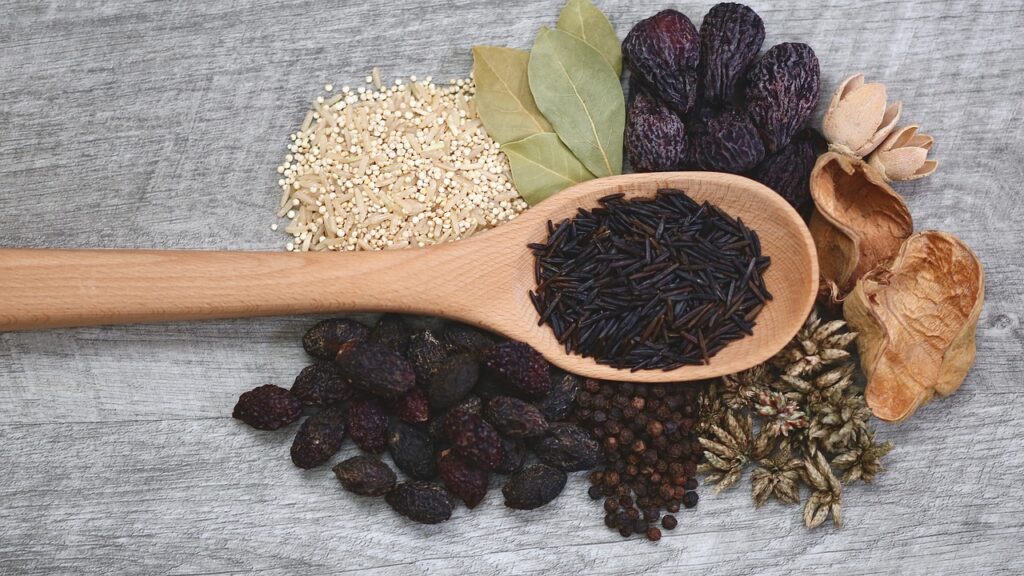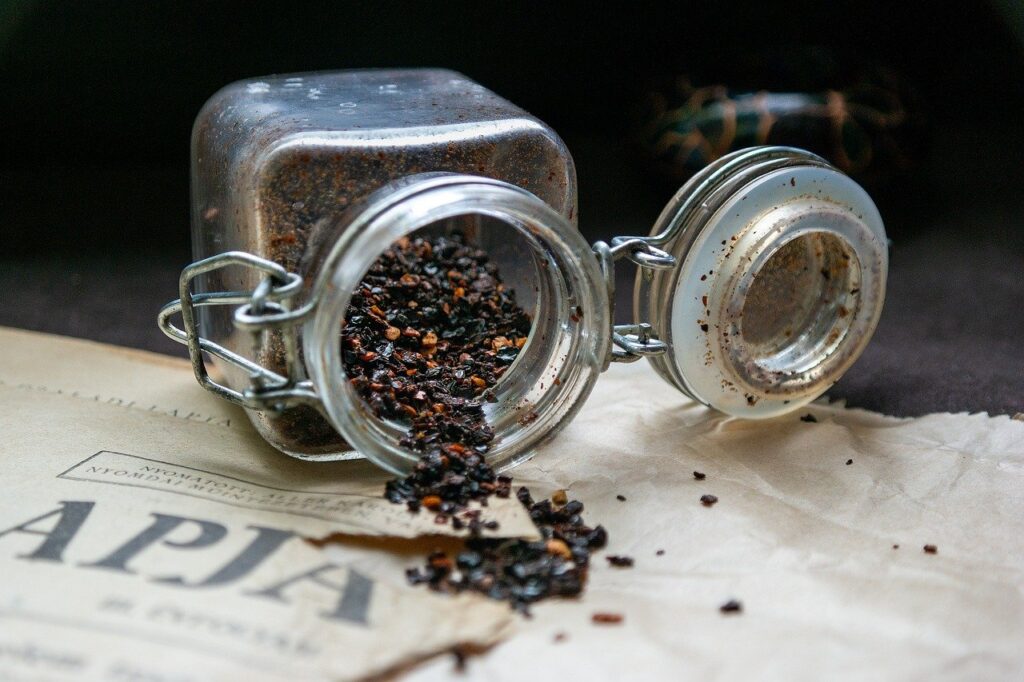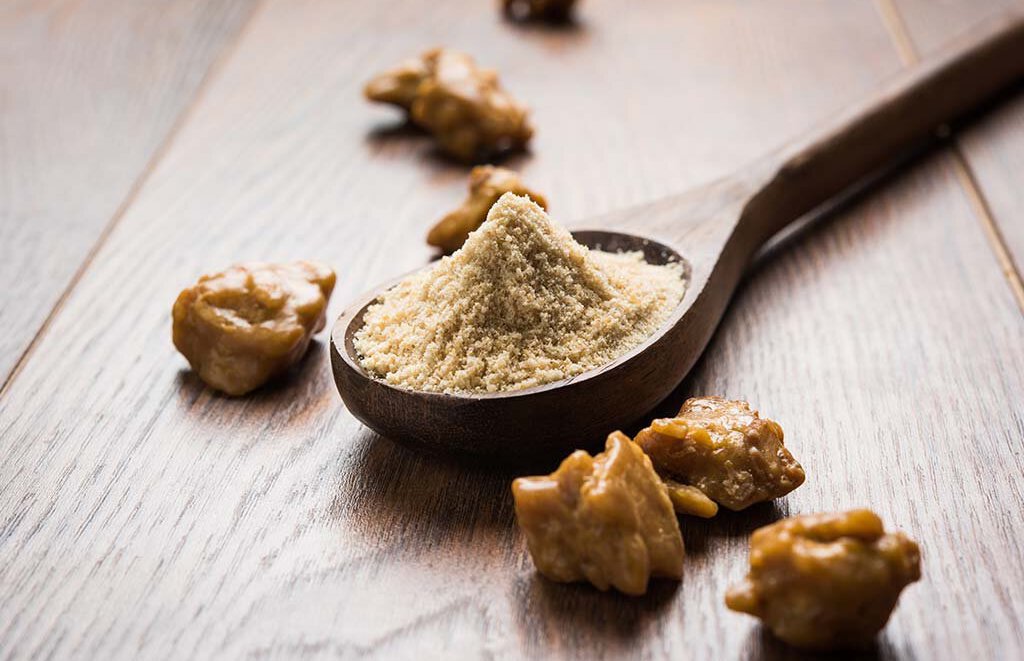Hing – Benefits and Uses
Hing, also known as asafoetida, is a spice commonly used in Indian cuisine. It offers numerous health benefits and can be incorporated into daily cooking to enhance the flavor and nutritional value of your meals. In this blog, we’ll explore the benefits and uses of hing, along with some essential tips and precautions.
What are the primary health benefits of consuming hing (asafoetida)?
Short Answer: Hing offers health benefits such as aiding digestion, reducing inflammation, and boosting immunity.
Long Answer:
- Aids Digestion: Hing is known for its digestive properties. It helps reduce bloating, gas, and constipation by stimulating digestive enzymes.
- Reduces Inflammation: The anti-inflammatory properties of hing can help reduce inflammation in the body, providing relief from conditions like arthritis and respiratory issues.
- Boosts Immunity: Hing contains antioxidants that help protect the body from infections and boost overall immunity.
- Relieves Respiratory Issues: Hing can help alleviate symptoms of asthma, bronchitis, and other respiratory conditions due to its antispasmodic properties.
- Regulates Blood Sugar Levels: Hing can help manage blood sugar levels, making it beneficial for individuals with diabetes.

How can hing be incorporated into daily cooking and meals?
Short Answer: Hing can be added to soups, stews, curries, and lentil dishes to enhance flavor and aid digestion.
Long Answer:
- Soups and Stews: Add a pinch of hing to soups and stews for a unique flavor and to aid digestion.
- Curries: Incorporate hing in the tempering stage of curries to enhance the aroma and taste of the dish.
- Lentil Dishes: Hing is commonly added to lentil dishes like dal to improve flavor and reduce flatulence.
- Vegetable Stir-fries: Sprinkle hing on vegetable stir-fries for a delicious and nutritious addition.
- Pickles and Chutneys: Use hing in pickles and chutneys to extend their shelf life and add a distinct taste.
Are there any potential side effects or precautions to consider when using hing?
Short Answer: Hing can cause allergic reactions and should be used in moderation. Pregnant women and those with bleeding disorders should exercise caution.
Long Answer:
- Allergic Reactions: Some individuals may experience allergic reactions to hing, such as skin rashes or respiratory issues.
- Gastrointestinal Issues: Excessive consumption of hing can cause gastrointestinal discomfort, including nausea and diarrhea.
- Pregnancy and Breastfeeding: Pregnant and breastfeeding women should use hing cautiously, as it may cause uterine contractions or affect milk production.
- Bleeding Disorders: Hing has blood-thinning properties, so individuals with bleeding disorders or those taking anticoagulant medications should consult a doctor before use.
- Moderation: Use hing in moderation to avoid potential side effects and maximize its health benefits.

How does hing aid in digestive health and other bodily functions?
Short Answer: Hing aids digestion by stimulating digestive enzymes, reducing gas and bloating, and improving overall gut health.
Long Answer:
- Stimulates Digestive Enzymes: Hing promotes the secretion of digestive enzymes, which aids in the breakdown of food and absorption of nutrients.
- Reduces Gas and Bloating: The carminative properties of hing help reduce gas formation and bloating, providing relief from discomfort.
- Improves Gut Health: Hing supports a healthy gut microbiome by promoting the growth of beneficial bacteria.
- Relieves Constipation: Hing acts as a natural laxative, helping to relieve constipation and promote regular bowel movements.
- Supports Liver Function: Hing has detoxifying properties that support liver function and overall detoxification processes in the body.
Can hing be used as a home remedy for common ailments, and if so, how?
Short Answer: Yes, hing can be used as a home remedy for common ailments such as indigestion, cough, and menstrual cramps.
Long Answer:
- Indigestion: Mix a pinch of hing with warm water and drink it to relieve indigestion and bloating.
- Cough: Make a paste of hing and honey and consume it to soothe a cough and clear mucus.
- Menstrual Cramps: Mix hing with warm water and apply it to the lower abdomen to relieve menstrual cramps.
- Toothache: Apply a paste of hing and water to the affected area to alleviate toothache and gum pain.
- Headache: Inhale the fumes of hing mixed with hot water to relieve headaches and migraines.
Conclusion
Hing, or asafoetida, is a versatile spice with numerous health benefits, particularly for digestive health and respiratory issues. Incorporating hing into your daily cooking can enhance the flavor and nutritional value of your meals. However, it’s important to use hing in moderation and be aware of potential side effects. As a natural remedy, hing can provide relief from common ailments and support overall well-being.
Explore the benefits and uses of hing to enjoy a healthier lifestyle with Hingwala!
